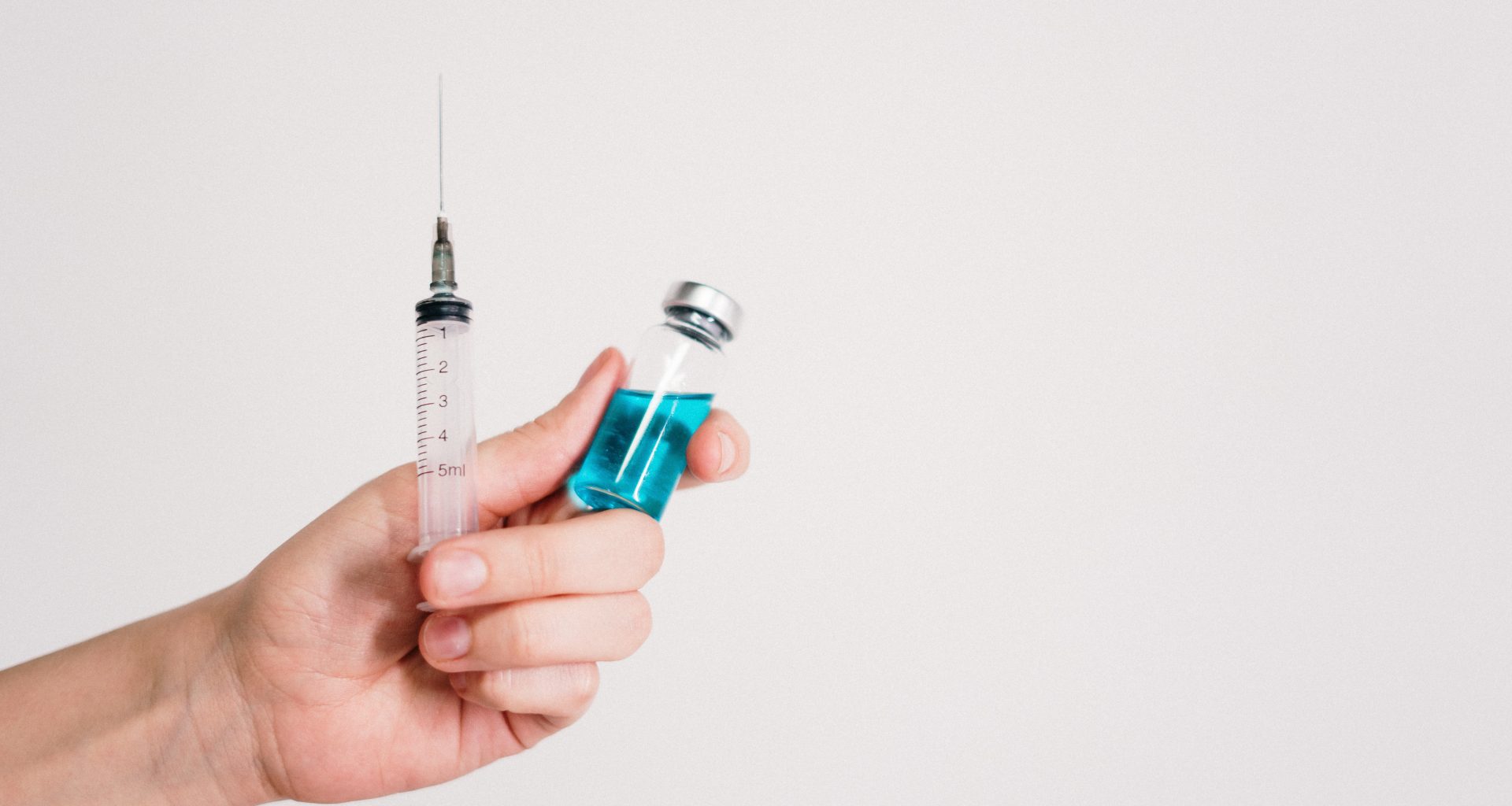
A deep dive into consumer psychology.
At Curated Today, we are determined to uncover raw insight that can be translated into digestible facts and support strategy making. While we’ve had our assumptions about MENA shopping behavior trends during COVID-19, Curated Today’s Contributing Editor, Saja El Mishri, investigated just what exactly consumers have been spending on before and after getting a COVID vaccine via a survey completed by 33 MENA residents. Knowing what consumers are looking for in advance will help in creating effective and targeted campaigns. After all, the numbers don’t lie.
Learn more below!
Long-winded lockdowns became the best of us in 2020. Netflix became our leading procrastination gateway, our coach our frenemy, and Instashop our best friend. Even the way we dress has changed. Working from home, we have even grown accustomed to baggy shirts and sweatpants. To illustrate, John Lewis department store claimed that loungewear was up by 1,303% in 2020 and similar sales patterns can be seen by e-commerce and B&M stores all over the world.
However given the progression of vaccine rollouts around the world, new data suggests that consumer confidence may spring back again. Which is why, Curated Today carried out a survey to 33 MENA residents between the ages of 18-65, to uncover what consumers want to spend on since getting fully inoculated. Here, we wanted to explore if consumers are becoming more confident in spending on non-necessity items after getting vaccinated and also we assess how psychologically impactful the vaccination is on motivation to spend.
Curated Today found out that out of 33 respondents, the majority of respondents (24%) claimed that out of 1-10, they ranked themselves only a ‘4’ on their comfort in spending time with friends before the vaccine. Therefore, with less social opportunities to shop with friends, retailers may have suffered lower footfall during the height of COVID. According to Business Insider, understanding this is important, as friends tend to influence purchase behavior. After the vaccine, the majority (36%) ranked themselves at ‘8’ proving that the vaccine does indeed drive confidence to face outside exposure.


The most interesting aspect is how before the vaccination was available, 94% of respondents said they spent most on groceries, 49% said pharmaceuticals and 33% said drinking and dining out. However after the vaccination roll out, 79% of respondents said groceries, 55% said drinking and dining out and 36% tied in fashion, wellness and pharmaceuticals. As we see here, food will always be a necessity, however the social aspect of dining out increased considerably, which supports the idea of increased social confidence once inoculated. Further, the evolved numbers showcase that consumer confidence in buying goods is pivoting towards convenience and seeking out simple pleasures instead of cooking since consumers were apprehensive to order food from outside when COVID-19 first spread. This is apparent due to the fact that the frequency of ordering food via smart apps such as Talabat has increased in the UAE throughout 2020 alone.


Now for our favorite part: fashion. When we asked respondents if they shopped for high-end luxury products (non-essential items) before vaccination, many said “although I do like clothes, it wasn’t worth spending on,” “not really, nowhere to go,” “not a priority,” “yes only a car,” “yes bought a car to take advantage of the offers given because of the pandemic” and “no because we did not have any parties to go to during the pandemic.” Respondents therefore associate buying luxury with being social; there needs to be a reason or end goal for the investment. We did not see any pattern of buying for ‘retail therapy’ or ‘investment’ purposes as some might have assumed.


So is there a one size fits all projection on how consumers will be shopping post-pandemic? Unfortunately, it is too early to tell. Our respondents vary: “I will be particular about what [I] buy,” “I will buy if I have a particular occasion to” or on a more positive note, “I hope to shop more because I love shopping.” However others may say the pandemic was “a good reset button” and “I’m at a new stage in my life, with different priorities, wants, and needs; I feel more excited about saving money than making frivolous purchases.” After vetting through different data, we predict that some consumers will continue looking for convenience retail while others will want to spend their saved disposable incomes and make up for lost time by focusing on traveling, experiences and luxury since getting vaccinated. So the big question stands: is there a second roaring 20’s in hindsight?
About The Editor
Having grown up in Sweden and later moving to the UK, Saja is deeply motivated by emerging social and political concerns around sustainability. Saja currently works as a freelance writer and recently published articles at Eco-Age that explores if sustainability has become a westernized concept.
Saja is currently working as a freelance journalist writing about the intersection of sustainability, fashion and social justice and recently being selected for the FashMash Young Pioneers program, recognized to drive positive change in the industry.


